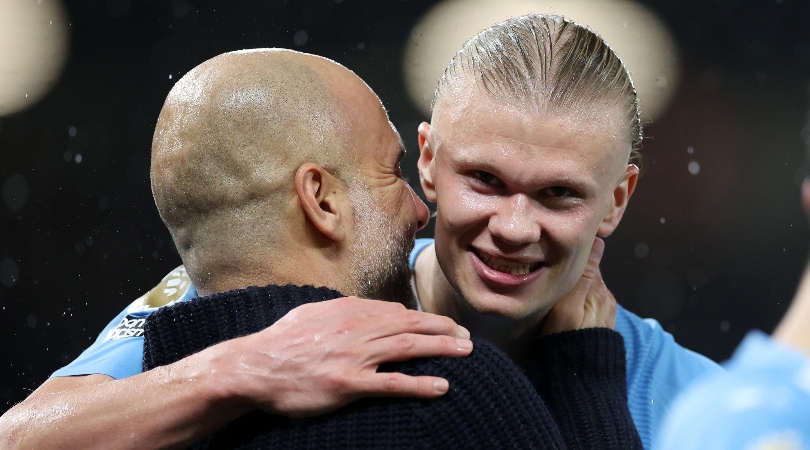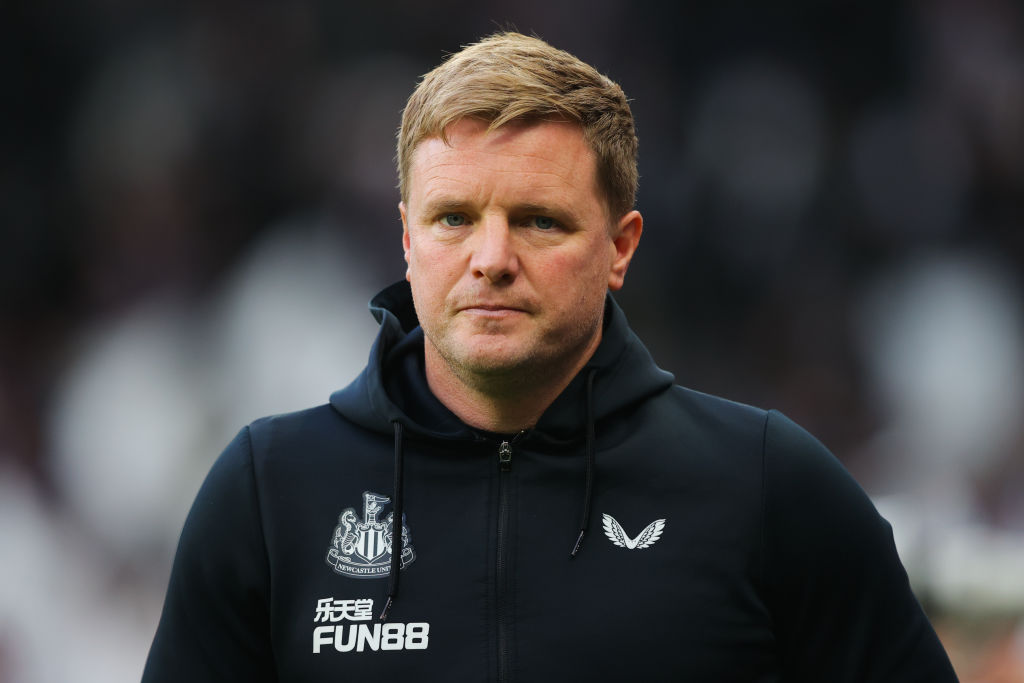
The Premier League announced on Monday that they are prioritising bringing in new spending rules, with the possibility of them being agreed for summer.
A statement from the league said that at a meeting of shareholders the clubs had agreed that developing and implementing “a new League-wide system” was a priority in order for clubs to plan their finances over the coming years.
Under the current rules, Premier League clubs can lose a maximum of £105 million over three seasons, with some costs such as infrastructure and women’s football excluded from that allowable loss.

However, it is expected that those rules will be replaced with new ones under which the permitted spending on squads will be limited to a percentage of a club’s revenue.
A similar ratio system is currently being phased in by UEFA, with teams restricted to spending no more than 70 per cent of their revenue on transfers, wages and agent fees.
Rather than reduce the gap between clubs which already dominate the transfer spending in the division and those who are trying to catch them, Kieran Maguire predicts that it might exacerbate the problem.
The football finance lecturer and podcaster tweeted a table - having pointed out that it is based on assumptions about a 70 per cent cap and some dated figures - of how things would have looked if the rule was in place for the 2022/23 season.
Looking at the new PL proposed rules in relation to squad spending caps and applying to 22/23. Assumptions are Player wages are 70% of total, cap is 70% of revenue for clubs in PL & 85% if not. Transfer spend calculated as average net spend for last three years. pic.twitter.com/J1AcWtxD73March 11, 2024
He said the table showed that “aspirational clubs with owners wanting to spend (Newcastle, Villa etc) would struggle, existing clubs in UEFA would be fine”.
He also said that it was “interesting that Man Utd, Arsenal and Spurs all have much higher net spend than Newcastle yet are all well within the limit. Newcastle, because coming from a low base in terms of revenue, would struggle.”
In a follow-up tweet he wrote that the table was “imperfect” due to assumptions “but gives broad indication as to who are winners and losers”.







